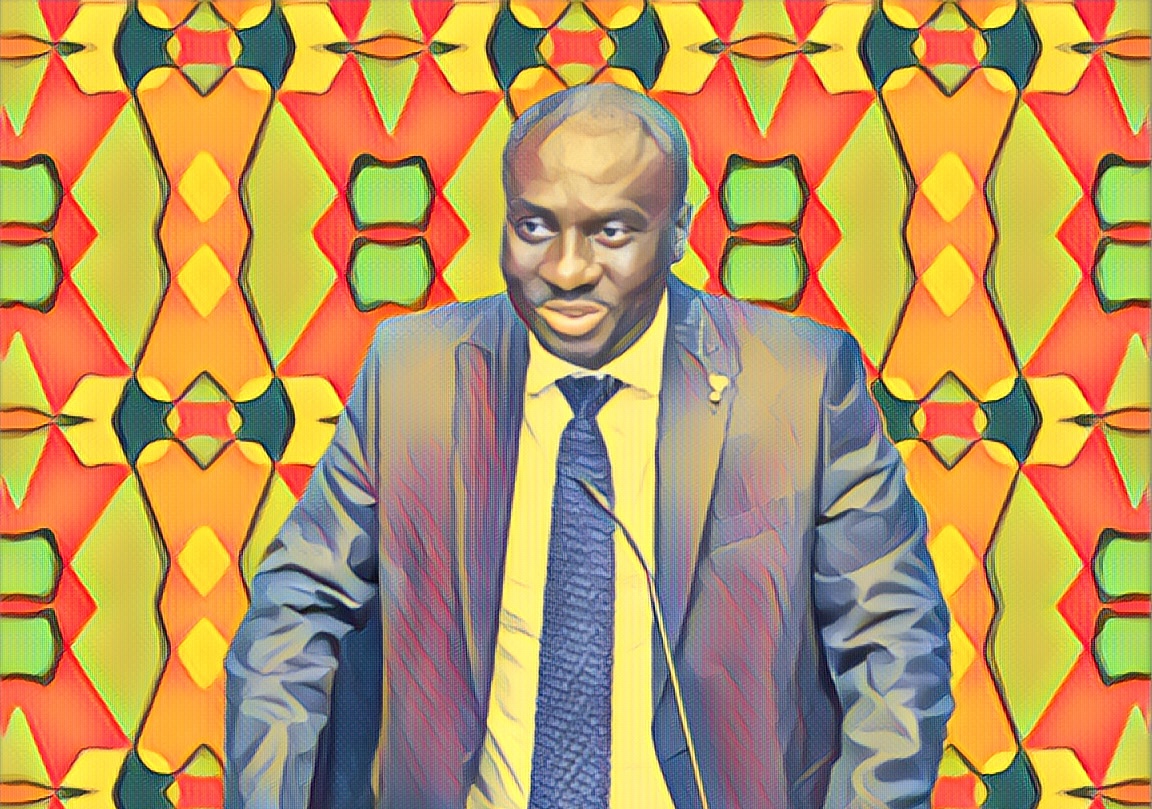George Baffour Asare-Afriyie, a lecturer at the GIMPA Faculty of Law, recently urged for the fortification of the Economic Community of West African States (ECOWAS). According to a report by Graphic Online, he proposed transforming it into an authoritative body capable of enforcing its directives among member nations.
In advocating for a stronger ECOWAS, Asare-Afriyie envisions it as a supranational entity. This structure would enable it to administer sanctions and rewards effectively. Supranationalism involves nations conceding some control to an authority that operates beyond their borders.
This call to action was the focus of Asare-Afriyie’s presentation, titled “Giving ECOWAS the teeth: a case of a supranational government for the West Africa Region.” He delivered this address at a law colloquium in Accra on Nov. 2.
Chaired by Sheila Minkah-Premo of Apex Law Consult, the event attracted legal professionals, judges, scholars, industry representatives, and students.
Asare-Afriyie believes that a more assertive ECOWAS could significantly boost economic collaboration, security, and political unity across its 15 member states. He suggests that this would require a willing transfer of sovereignty from individual nations to ECOWAS.
Despite its inception in 1975 and several successes, ECOWAS has struggled to realize many of its objectives. Asare-Afriyie attributes this to a lack of political will in implementing Commission decisions and adhering to democratic protocols.
He points to the European Union (EU) as a model for success, advocating for similar centralized governance for West Africa. The EU has shown profound integration through its laws, parliament, and single market, impacting citizens’ lives.
The EU’s single market is particularly noteworthy. It allows the free movement of goods, services, capital, and people, enhancing internal trade and investment. Furthermore, EU common policies, such as agricultural subsidies and a unified foreign policy, encourage cooperation, placing community interests above individual state interests.
Asare-Afriyie warns that without establishing a firm supranational government, the alternative could be the dissolution of ECOWAS. In such a scenario, states would tackle issues independently.
Concluding the colloquium, Minkah-Premo commended the thought-provoking dialogue. She expressed hope that the discourse would influence ECOWAS policy reform. She highlighted the regional commonalities that make a shared enforcement body a viable proposition for West Africa.





2 comments
Dalam beberapa tahun final, industri permainan digital
maju sangat pesat. Salah wahid kategori yang mengalami pertambahan signifikan adalah situs
slot online.
บทความนี้พูดถึง ประหยัดสินสอดงานแต่ง ได้ตรงใจมากครับ
ตอนแรกผมไม่รู้เลยว่ามีบริการแบบนี้ จนมาเห็นว่าช่วยลด ค่าใช้จ่ายงานแต่ง ได้เยอะจริง
เหมาะกับคู่รักที่กำลัง เตรียมงานแต่ง
บริการแนวนี้ถือว่าทันสมัยมากใน งานแต่งงานยุคใหม่ ครับ